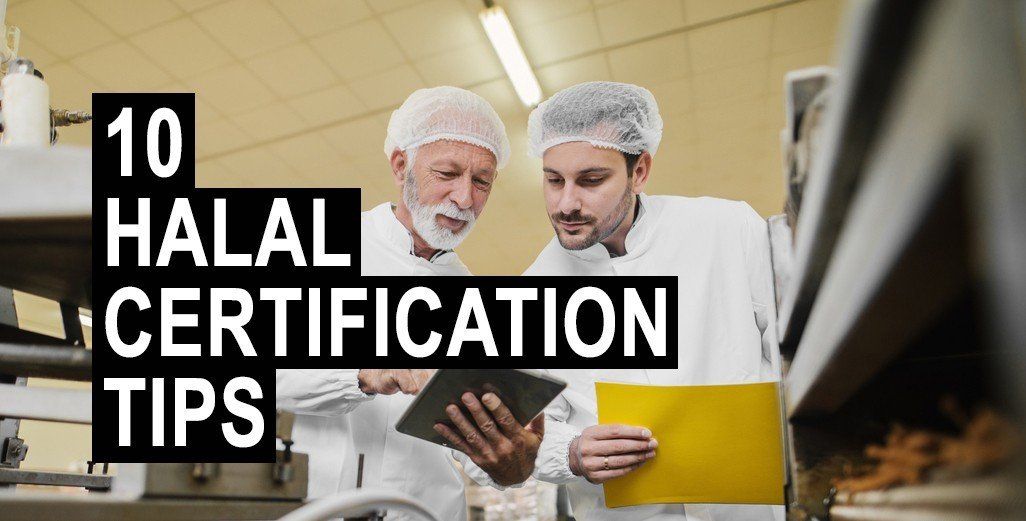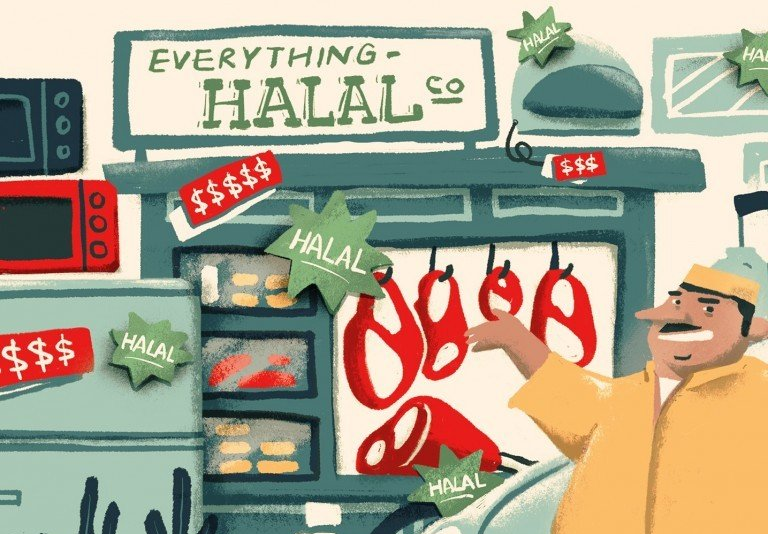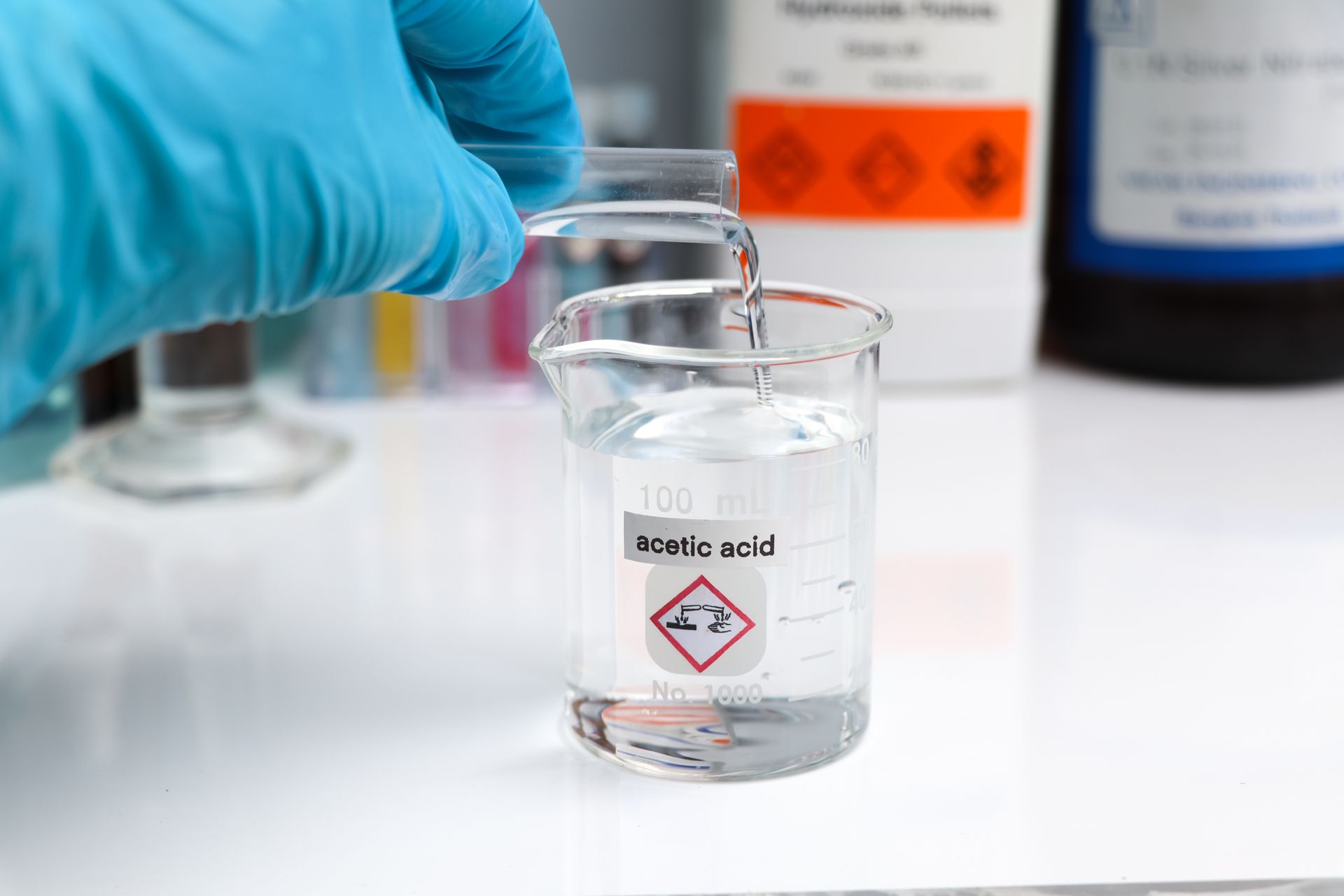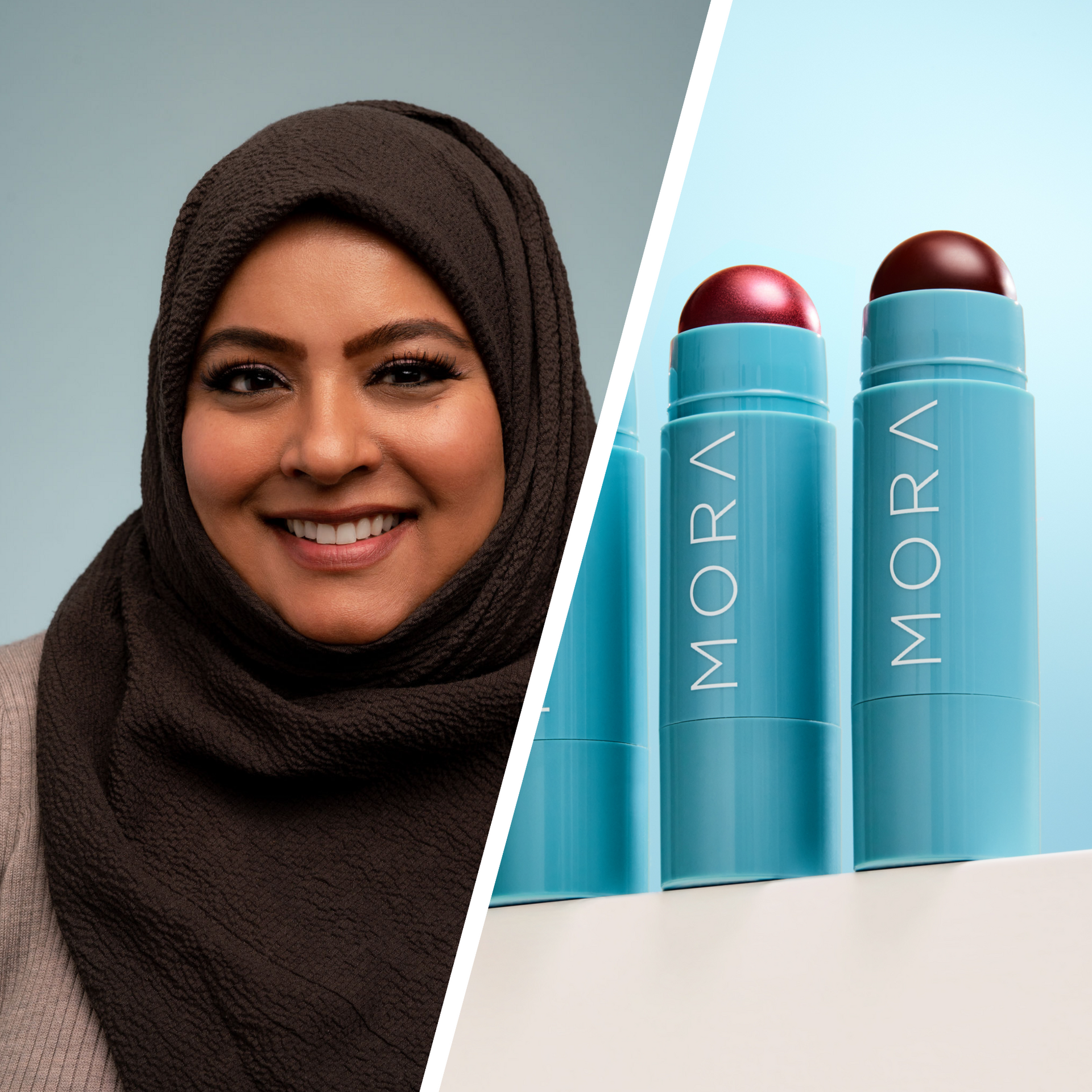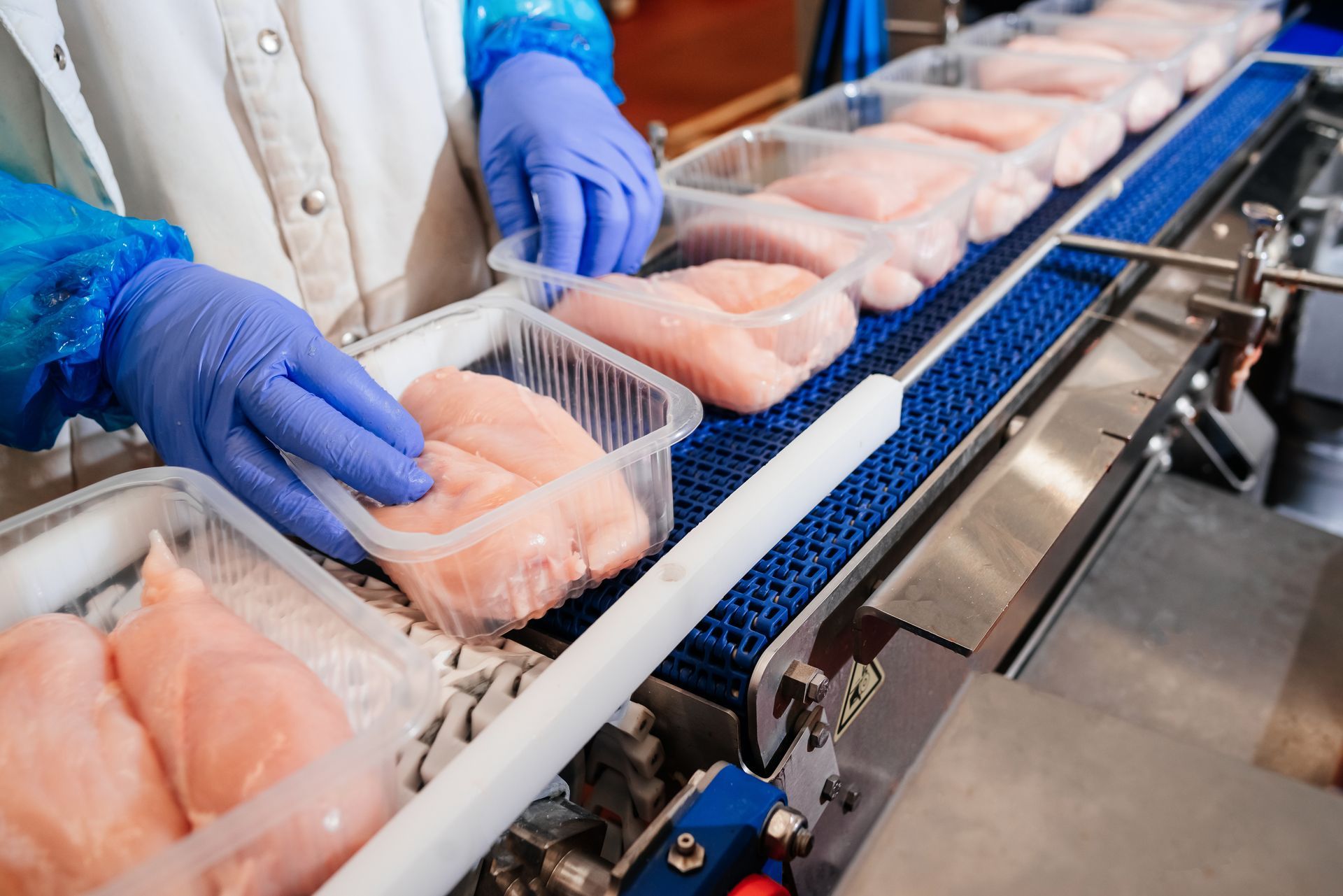1-877-HALAL-WW (+1-877-425-2599)
10 Key Halal Certification Questions Answered
What You Need To Know Before Getting Halal Certified
With more than 1.9 billion Muslim consumers around the world, the market of halal products is rapidly growing. At an increasing rate, suppliers are dealing with this heightened demand, and adapting their production lines to become compliant, and accommodate for halal offerings.
For the halal-conscious consumer, identifying halal products is necessary. This is only possible with a transparent and clear traceability plan for each product, along with its raw materials.
Below are some of the most important questions about halal certification and what to expect ahead of time for your establishment.
- What does it mean to be Halal certified?
- What does a Halal certifying agency do, and how much does it cost?
- What are the requirements for Halal Certification?
- What are the concerns of halal consumers?
- What are those things which are prohibited (haram) to come into contact with halal products?
- How are animals made Halal?
- If a facility also produces prohibited ingredients, can halal products still be manufactured there?
- Can a company use a Halal logo on their product without being halal certified?
- About how long does it take to get certified ?
- Why do I need Halal Certification?
1. What does it mean to be Halal certified?
The term “Halal” comes from the Arabic word “حلال” ( ḥalāl ) which means “permissible”. The Quran classifies food and goods in different categories such as “halal” (permitted)or “haram” (forbidden). For a product to be Halal Certified, it means that it is devoid of any impermissible ingredients, and that it has been processed in a facility that is conducive to maintaining the integrity of the halal status. Ingredients such as alcohol, pork, and other animal derivatives are major red flags.
Obtaining a halal certificate provides credibility to your establishment, which in turn gives confidence to the halal-conscious consumer.
*Halal Watch World now offers
training courses that teach you everything you need to know about halal, certification, and how to become halal conscious.*
2. What does a Halal certifying agency do, and how much does it cost?
Halal certifying agencies investigate companies to determine whether or not their products meet the halal standard. The ingredients, suppliers, and production facility are the main points of concern. The production facility must be capable of maintaining the integrity of the halal status of the product from the point of entry to the point of departure. Once all hazards are mitigated within the facility, the certification agency provides a seal of halal certification. Absent this detailed and thorough review, the product cannot be certified.
View our
pricing calculator , or read our article on the
cost for halal certification.
3. What are the requirements for Halal Certification?
Halal certification agencies focuses on 4 core principles when fulfilling their service:
- Sanitation
- Traceability
- Integrity
- Composition
Which make up the acronym STIC . These core principles govern all of the following halal environments:
- Manufacturers
- Restaurants
- Livestock Processors
- Kitchens
- Distributors
- Grocery Stores
If you own, manage, or operate one of the above halal environments, then this information pertains to you, so listen up! Our robust requirements checklist helps you get closer to your goal of being ready for an audit. Being sure of your compliance is an important aspect of gaining a halal certificate. Below are a few preliminary questions to consider:
Sanitation:
- "Are any tools or equipment being utilized for both halal and non-halal products?" All traces of smell, taste, and color must be removed from the apparatuses that involve both halal and non-halal products. These measures must be documented and recorded via a sanitation standard operating procedure. These measures must prevents cross contamination of any kind.
Traceability:
- "Do I have a system of tracking and tracing of the product within the facility?" Halal producing facilities must involve tracing measures that ensure halal products are accounted for from start to finish. Facilities may institute color coded tags, or utilize computer software to support and enhance this effort.
- "Are the raw materials, or ingredients of my halal product sourced from a company that has a halal certificate or statement of halal compliance?" Each supplier must disclose all relevant information regarding their ingredients and manufacturing practices to the certification body.
Integrity:
- "Is my facility fit to produce a clean ( taahir ) product?" Government and industry standards such as GMP, HACCP, ISO, and SQF are all positive supplements to have in your portfolio as a business, even though all are not required for halal certification purposes.
- "Does my facility have an HIP program developed?" The HIP program is developed under the guidelines of the halal certifying body. The program outlines Halal Area Risk Management (HARM) locations within the facility, deemed by an auditor as potentially problematic.
Composition:
- "Does the facility utilize any ingredients that are prohibited?" It is essential that animal derived ingredients used in halal products be sourced from halal certified suppliers, or remain completely separate from halal products. See our full list of prohibited items to be sure none are a part of your product.
4. What are the concerns of halal consumers?
It is essential for the halal consumer to identify the product they are buying in retail stores as being produced according to halal dietary restrictions. Halal consumers do not know if the ingredients names have been masked, or considered "proprietary" and not disclosed. Consumers do not know if the facility produces other products that are considered to be contaminants, which must not come into contact with halal products. Halal consumers rely upon the insight, knowledge base, and expertise of a certifying agency to do the intensive work required. This ensures that the product is permissible to eat without question. Halal certification alleviates the heavy burden involved in determining if a product can be utilized. Thus, when the halal certification seal is found on a product, the consumer finds confidence via the trust of the organization that backs it.
5. What are those things which are prohibited (haram) to come into contact with halal products?
- Human derived ingredients
- Pork
- Donkey (excluding the Onager)
- Animals with fangs or talons (Carnivorous) (Excluding Hyena and Fox according to school of thought)
- Animals not slaughtered according to Islamic ritual rites
- Carrion
- All forms of filth (Najis) (*See Below)
- Insects (other than locusts)
- Animals fed with more than 50% of any of the above without being fed on a pure diet for a stipulated number of days (Al Jallaalah)
- Any intoxicants
- Anything toxic or harmful to the body (such as cigarettes)
- Anything processed, made, produced, manufactured, and/or stored using utensils, equipment, and/or machinery in contact with any of the above that have not been cleansed according to standards which remove contaminants.
*Filth (Najasa): Only pure items may come into contact with halal products. Impure items cause contamination which is prohibited in the Halal System. Impure items (contaminants) are as follows:
- Pig (All parts, including skin and bones) both while alive or dead
- Dog (All parts, including saliva) both while alive or dead
- Animals not slaughtered according to Islamic ritual rites (dead animals/maytah - All parts)
- Urine
- Excrement
- Vomit
- Blood
- Pus
- Untanned animal skin (unprocessed leather)
- Land Animals that have consumed more than 50% of their diet of anything of the above (This includes its milk, sweat, and other excretions)
- Any part of a land animal that falls off, or is removed while the animal is alive (besides hair).
6. How are animals made Halal?
Animals that are not on the banned list are made halal via the process of dhabiha . This process is the most humane method of slaughter, and causes the least amount of pain to an animal. The animal should be handled with care, be properly fed, and devoid of any sicknesses or diseases.
The prophet Muhammad (ﷺ) said: "...When you slaughter an animal, do it in the best possible way; and any of you should sharpen his blade so that the animal may be spared from the suffering of the slaughtering." Kindness and proper treatment of animals is part and parcel to the Halal method.
7. If a facility also produces prohibited ingredients, can halal products still be manufactured there?
In Muslim minority societies, manufacturers produce both Halal and Non-Halal products in the same facilities. If this is the case, then the certification agency must ensure that either of 2 cases holds true. Either the equipment that comes into contact with the halal items is not used for any other non-Halal purpose, or the facility instills a method of cleaning (Sanitation Standard Operating Procedure) that removes all residual traces of taste, smell, and color from that location. A highly trained auditor will investigate the full production process to determine its viability as a halal production facility. Facilities that are deemed high risk for product contamination may require ATP swab testing (a test for residual proteins), or residual solvents test (for residual alcohol). To be sure if your establishment will be required to implement any of these,
contact a representative in our office for further instruction.
8. Can a company use a Halal logo on their product without being halal certified?
According to the United States Department of Agriculture (USDA), in the Food Safety and Inspection Service: 9 CFR 317.4, if a manufacturer intends to add the word"Halal" to product packaging, the product and facility must be certified by a third party halal certification agency. If the term "Halal" is utilized without the term"Certified", LPDS does not need to approve the label, however, the requirement to be certified by a halal establishment is not waived. Anytime the term Halal is applied to any product, it is considered as a legal statement which must be verifiable. The product and facility are subject to the terms of the law, and if found to be untrue, penalties and consequences will apply.
If a product is found to be questionable, contact our offices at
1(877) 425-2599 (877 HALAL-WW).
9. About how long does it take to get certified?
Typically, the full certification process takes anywhere from 1 to 4 weeks from the audit date. Many factors play a role in the time to completion, including, but not limited to the number of products, ingredients, suppliers, the facility size, and the complexity of the production process.
One major factor in determining the length of time to getting your establishment approved, and certificate delivered, is the submission of your documents for review. Each establishment is required to submit a list of documents, such as, Sanitation Standard Operating Procedures, halal disclosure statements (Download template here) for raw material manufacturers, and more. To get a full list, reach out to a consultation agent to discuss your goals at 1-877-425-2599, via email at support@halalwatchworld.org, leave us a note, or schedule a free 30-minute consultation by clicking on the tab at the bottom of the page:
10. Why do I need Halal Certification?
Over the past 10 years, halal certified products and services have been in high demand, and are upward trending. According to the State of the Global Islamic Economy Report 2018/19 by Thomson Reuters, the halal industry, a $2.4 trillion dollar industry, is expected to surpass $3 Trillion dollars by 2023.
With 1/4 of the worlds population as a consumer base, and the wide appeal of the halal cuisine, it's a wonder that this industry hasn't been explored long before now.
Having a 3rd party Halal certification agency like Halal Watch World LLC on your side adds credibility to your establishment in industry and confidence to your consumers to purchase your products. Having halal certification and certified products says to consumers: "My products are safe to purchase."
With our certification service, you will gain access to our network of established certified agencies, and connect with our social network of conscious consumers.
As we celebrate our 30 year anniversary with excellence in service, we invite you to reach out and learn more about how to enter this market in an educated and informed way, in terms of requirements, and the benefits that come with it.
Call us at 1(877) HALAL-WW ( 1-877-425-2599 ),or visit us on our website at www.halalwatchworld.org
Also, if you are interested to find out the
cost for halal certification , check out our article
here .




